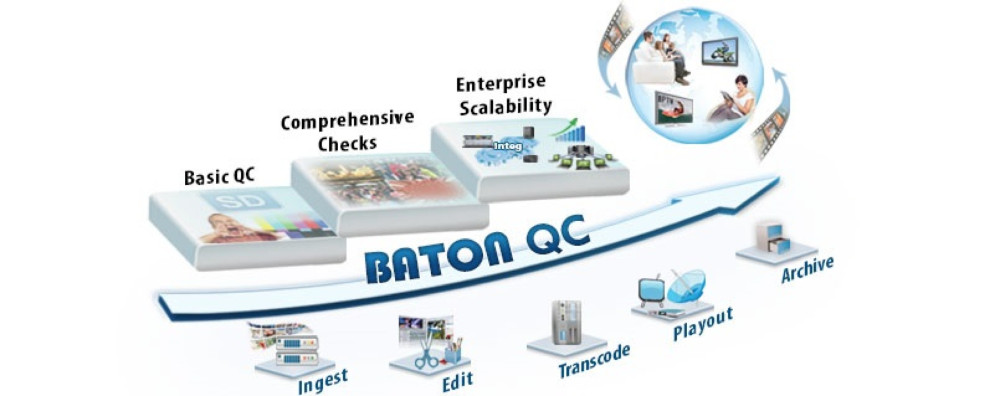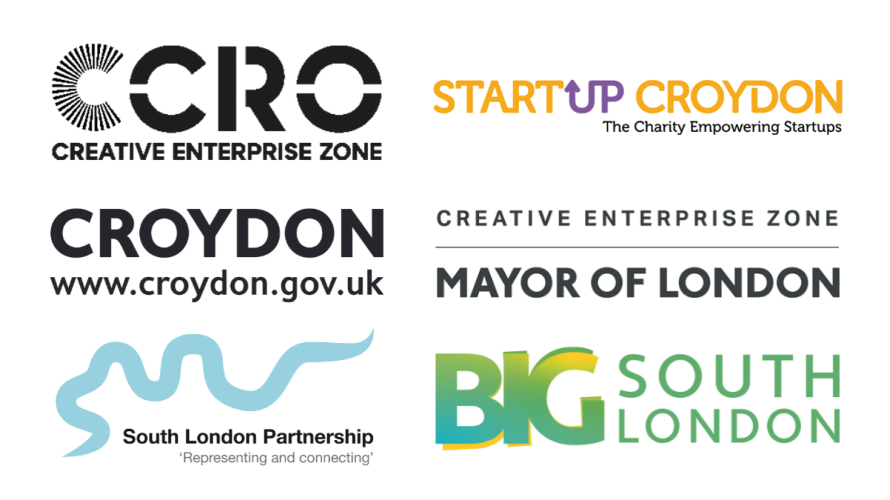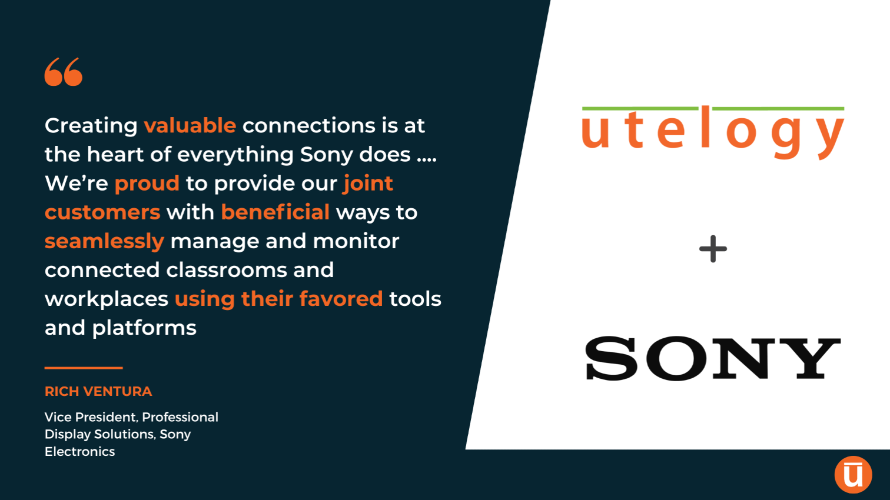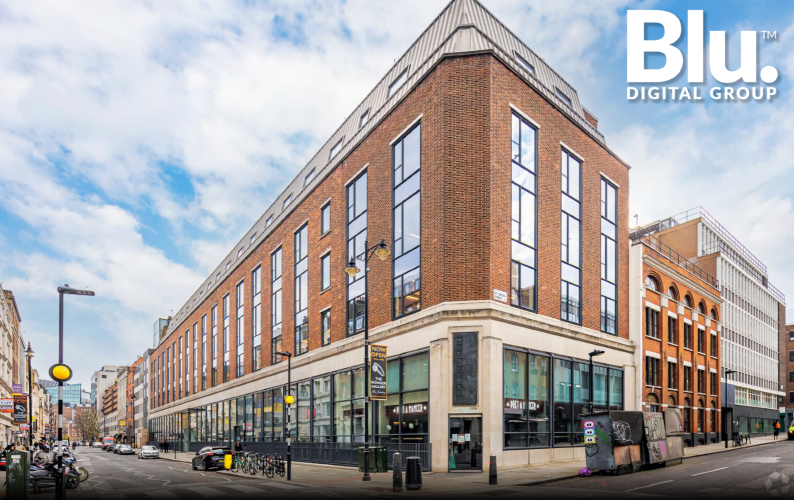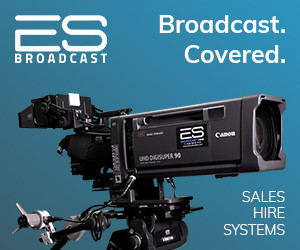London to Capetown, by bike part 1
Author: Dennis Lennie
Published 1st October 2008
South Africans are known for being to the point, so when I was told that I had done the whole thing ‘Arse Backwards’ I wasn’t unduly upset, but I did feel a need to justify the way I had approached this project.
I had just arrived in Cape Town and was rather pleased with myself, having just completed a year long journey through some of Africa’s most challenging countries, so it would take more than a few discouraging words to take away my sense of achievement. But of course in reality I had in fact done the thing ‘Arse Backwards‘.
If you plan to make a series of documentaries then usually you find the end user and pitch the idea to them and hopefully get a few quid up front. The problem with that method is that basically you end up working for someone and you have dead-lines and commitments … so your once in a life adventure turns into a paid holiday where you spend many sleepless nights wondering whether or not you will be able to deliver on promises.
If however you go out and buy yourself a couple of good cameras, a few spare batteries, and a lens or two, then you are your own boss…and whatever happens it’s still your trip. So that’s what I did
The plan was to go from London to Cape Town via Stockholm, yes I know that via Stockholm bit sounds a little strange but if you usually live on the other side of the planet who knows when you will get the chance to visit Sweden again.
This trip would be a little different from the normal London to Cape Town, even leaving aside the Stockholm part. For a start I would go down the west side of the continent mainly because it is the road less travelled and consequently less filmed and it is more diverse. Instead of the usual six or seven countries on the east African coast I would visit eighteen higgledy-piggledy little countries on the west side, most of them non-English speaking, seething with corruption, and very, very poor.
Oh did I mention that I would be doing this trip on a motorcycle, so space and packing my one-man film crew was also going to be a consideration. I would be riding a 650cc single cylinder BMW Dakar. I would have camping and cooking gear, I would need clothes, toiletries (mostly night creams and moisturisers), a medical kit. I would take tools and a few spare parts. I would need to make sure that the cameras and gear were in water-proof, dust-proof, impact-resistant cases. I would have to fit all of this on the back of a motorcycle.
The route was simple I would take a ferry to Calais turn left and head up to Belgium. Then work my way north filming interesting and off-beat things as I went. I would try and find the flavour of a country, not just its main attractions or icons. I would actually distil the very essence of the country in a few well shot segments that would speak directly to the very heart of the viewer… well it’s important to aim high.
By the time I had arrived in Stockholm I had filmed: a chocolate shop in Ostend, a traditional Caf in Amsterdam, a bicycle-maker in Oldenburg, an artisan in Christiana, Copenhagen, the Volvo factory in Gothenburg, the Ice Bar in Stockholm. And to be honest I could see that none of these stories were speaking directly to the heart of anyone … in fact I could not even think of a way to string these tales together in a way that would be in the least bit cohesive, or even mildly entertaining.
It was November, and I was getting far too close to the Arctic circle than was healthy for a man on a motorcycle, so I turned south. I came back into Germany and went straight to Berlin. The plan was to film the factory where the bike had been made, after months of trying to force my way into the factory with a barrage of emails and phone calls I figured if I actually turned up they would have to let me in … They told me to get lost … Schnell ! So I went on south to Dresden to interview a female motorcyclist whom I had met in Thailand. She told a tale of sexual harassment and constant challenges … it was a good tale, it almost spoke directly to the heart.
I left Dresden and headed for gay Pare’e, not to do a story on homosexuals but to see what a anglophile thinks about living in Paris. My host was John Robertson, we rode around town trying to avoid all things French…and that’s not easy in Paris. We had full English breakfasts, drank pints of beer, and my host demonstrated how after five years he still could not complete a sentence in French … and proud of it. It was an interesting yarn and the backdrop was splendid, some of it looked just like Blackpool.
I kept heading south trying to get away from the rain and the cold till eventually I found my way to Spain. In Barcelona I ran into some friends that I knew from Papua New Guinea. I did try and calculate the odds of this chance meeting, but once I got past about ten million to one I just gave up and settled for ‘highly unlikely’. They were crewing on a mega-yacht, and I stayed with them and filmed the lifestyles of the rich and famous. It was fun but I don’t think that I formatted a new Lifestyle show.
I left Barcelona and went south to Valencia. There I stayed with the Editor of a Spanish motorcycle magazine and we filmed life in Valencia. We did bikey blokey stuff, and then I headed for Malaga to film the arrival of the
Lisbon-Dakar as it was en route to Morocco.
The Lisbon-Dakar is the successor of the world famous Paris-Dakar and when it comes to town, it is like the circus arriving. I rode in with the bikes, as I was the only one with a camera mounted on my helmet, and I was mobbed by spectators who thought they were going to be on TV. It was just like winning the race, everyone standing around the bike slapping me on the back and saying … well I don’t know what they were saying, they said it in Spanish, but it was still quite an experience. I think I captured the excitement, the buzz and the fabulous sounds of highly tuned engines doing their thing. But still not a complete story.
I was both scared and excited to be going to Africa and now I was only twenty miles away across the straits of Gibraltar I could actually see it. I took the ferry from Algeciras to Tangier. Arriving in Morocco I met many men who thought that I was their friend. “Ah my friend, welcome to my fine country, how can I assist you my friend”, that was usually followed with would you like to buy a carpet, a camel, spices, sandals, brass wear, leather goods of many descriptions or a young boy, they would sell me pretty much anything … because I was their friend … however they would seldom let me film, so I couldn’t have been that much of a friend could I ?
Arab Africa is a hard place to visit on a motorcycle, it’s hot and dusty and people tend to hassle you a lot, mainly by trying to sell you something or by continually asking for a cadeau (present) or d’argent (money). But if you take a camera out then they waggle their index finger and say “no photo” as they turn away… so in that respect, a camera can be a handy thing.
Black Africa, which starts in Senegal, is a lot more fun … for a start they have cold beer and they actually like having their pictures taken. In Dakar, the capital, I filmed drumming and street life and felt that the camera was actually opening doors for me and making meeting people easier, and was giving me a purpose for being there.
Mali was the next stop on my list I wanted to visit Timbuktu, and getting there was going to be half the fun. The Niger river was drying up at that time of year, so it was impossible to get there by boat. So rather than take the bike from Douentza to Timbuktu I was recommended by someone who was ‘My Friend’ to take a four wheel drive bus. The two hundred kilometre trip which should take about four hours lasted for twelve hours and I had the chance to film the tortuous journey, each and everyone of the four breakdowns. If I had taken the bike I would have been there in three hours easily but I would not have gotten the footage of desert bus travel and that was priceless. Timbuktu is legendary for being a disappointment and for me it lived up to that claim. The most striking thing except for the mud Mosques is the sand roads. The amount of sand in that town is unbelievable yes even taking into account that it’s on the edge of the Sahara, it’s unbelievable.
If Timbuktu was a disappointment then Douentza was a revelation, it is a small town on a cross roads and it’s like visiting that town that Luke Skywalker went to, to find the space ship … the Millennium Falcon. It was a crossroads town - four very distinct cultures meet there, and it is a film maker’s dream. The market is a kaleidoscope of colourful characters and there is something happening all the time…I stayed for three weeks and filmed things that later, would make me cry….
From there I headed south again to the rather oddly named country of Burkina Fasso (‘land of honest men’) is the literal interpretation. Anyway after I had managed to haggle my way across the border without paying a bribe I was amazed to enter a town mobbed by vultures…and I mean mobbed. I filmed vultures at the hospital, I filmed them at the abattoir, I filmed them everywhere because they were everywhere … it was amazing to see people lying on the concrete in the hospital grounds with a vulture standing a metre away looking at them.
From there is only a short ride into Togo. In Togo I stopped to film myself making a teak armchair… as you do. This was a fantastic idea. I approached a local carpenter and asked him if he would show me how to make a chair like the one he had outside his little shed. I explained that I wanted to film the process as he used only hand tools and started off with a round log … just as they did in the good old days. He said that the whole thing would take four days and cost £35.00 … bargain. We started with an adze and a 1.5 metre log and ended up with a beautiful chair and a lovely little documentary. I was getting better.
After Togo came Benin, here I met a lady with two little twin girls who were suffering from malnutrition I made a little doco about them. It starts with them crying at the side of the road, then crying at the hospital, then crying at the side of the road again and finally laughing at the beach. I used my website at www.mrbeem.net to organise sponsoring the twins for the next few years until they get on their feet, and that in itself made the whole trip worth while. I had filmed a lovely thing taking place, the birth of hope.
If you mention to anyone that you are going to Nigeria (try this yourself) they will undoubtedly ask why and then say something like 'be careful' or 'you are brave' or 'you’re crazy'. Nigeria just brings that kind of response. I had to go through Nigeria, since there literally was no way around it for me. The closer the day came for my departure the more I would wake up early in the morning with my heart thumping and a sense of dread permeating my whole body. I like to think that I am a man who takes life in his stride ... not to the point where I say things like ‘strangers are just friends that you haven't met yet’, but to the point where I think that people, tens of thousands of people, go to Nigeria every day, so why was I shitting myself ?
It is just that any information you ever hear about Nigeria is always bad. It enjoys the reputation of being the most corrupt country in the world, it holds a quarter of all Africans on the continent, it is huge and there are road blocks every few miles often manned by poorly paid, poorly trained, and often drunk or stoned personnel.
The last thing that you want to do in a country like Nigeria is to draw attention to yourself, you don't want to stand out. So being white and on a motorcycle in the middle of a 140 million black people made it a little tricky to blend in. I didn't feel as if I was drifting over the land as unnoticed as the gentle breeze , more as if I were a one-man whirlwind, drawing dodgy types to me like a Black Hole.
I had made a point of packing all the photographic equipment as inconspicuously as possible, and tried to make sure that I was not searched. Mostly I did this by saying that I had just been searched at the previous roadblock or check point and did not want to unpack all my clothes and bike spare parts just to show that I had nothing and wouldn't they be better off to have a smoke instead... cigarettes are cheap in Nigeria.
It took me six days to cross the country from west to east. I did not take one picture.
Equipment on board…
2x Sony HDR-HC1E Cameras, (plus one spare, boxed and ready to go, left in UK)
1x Sony wide angle lens,
1x Sony telephoto lens,
1x Sony two globe video light,
1x Sony tripod with remote control handle,
18 hours of rechargeable batteries,
1x Sony 2 Battery rapid Charger,
1x Sony digital recorder,
1x Sony Cyber-shot digital Camera,
1x Canon mobile photo printer,
30x 1 hour Sony HD tapes









